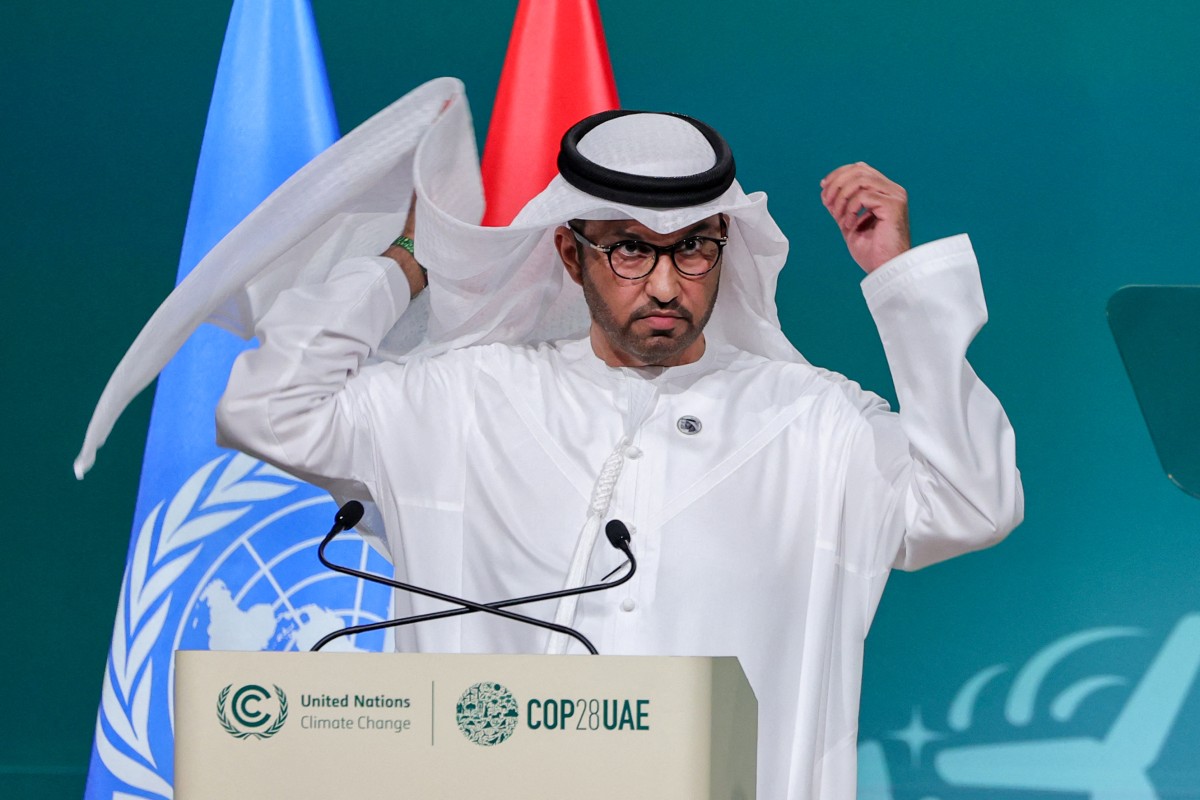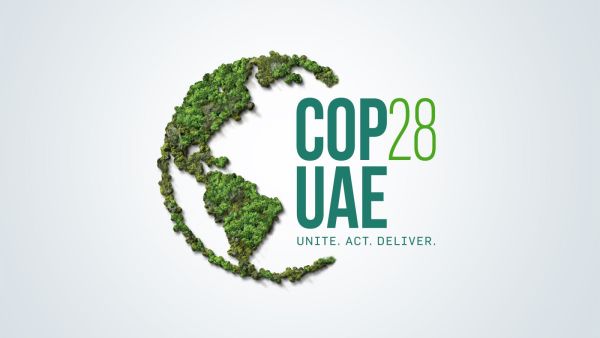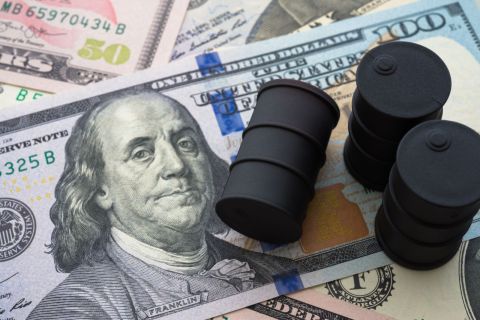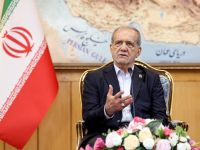ALBAWABA – At the climate summit COP28 in Dubai kicking off Thursday in the iconic Emirati city, the United Arab Emirates (UAE) wants nearly 200 attending nations to triple installed renewable energy capacity worldwide by 2030.
If the UN forum sets that target in stone, it could become a key marker of COP28's success, especially if coupled with a pledge to draw down fossil fuel use, according to Agence France-Presse (AFP).
For Dave Jones, an expert with think tank Ember, it is doable, he told AFP.
What COP28 in Dubai hopes to overcome
Last year, 1,000 GW of wind and solar power capacity in the pipeline failed to materialise due to underdeveloped electricity grids and regulatory obstacles, according to the Ren21 research network.
Another bottleneck is finance. Wind and solar are the cheapest way to generate energy and are quick to deploy, but require investment to get off the ground, particularly in emerging and developing countries.
Yet, only two percent of energy transition investment between 2000 and 2020 went to Africa, where half the population still lacks electricity, according to the Renewable Energy Agency (Irena).
"We need four trillion dollars a year and we're a long way from that," said Ren21 director Rana Adib. "We know that the energy transition also means stopping new investment in fossil fuels".
In 2022, hydrocarbons were subsidised twice as much as in 2021 to the tune of nearly $1.3 trillion in G20 countries alone, according to BloombergNEF.
This "could have financed 1,900 GW of solar power plants, or ten times the capacity installed by the G20 last year," the energy think tanks calculated.

President of COP28 in Dubai Sultan Ahmed Al Jaber adjusts his ghutra, a traditional headdress, as he speaks during the opening ceremony of the COP28 United Nations climate summit in Dubai on November 30, 2023. - (Photo by Giuseppe CACACE / AFP)
The consequence of this situation is clear, insisted Adib, with oil, gas and coal still accounting for more than 80 percent of the world's final energy consumption, a rate that has not changed for years.
As a result, former UN's climate chief Christiana Figueres said she was "giving up hope" that fossil fuel firms will be part of the solution. In fact, she expressed concern over reports that the UAE plans to use its role as host of the COP28 in Dubai to strike oil and gas deals.
If true, the claims would mark a "serious breach of the responsibility of the COP presidency", she said.
"It is not a meeting to advance the interests of the oil and gas industry," she told PBS News in a linked interview hosted by the organisation Covering Climate Now. UAE's Sultan Al Jaber, who presides over COP28 in Dubai, categorically denied the reports, according to AFP.
Global climate negotiations largely avoided mentioning fossil fuels for decades, until Glasgow's COP26 agreed to "phasedown" unfiltered coal power and the "phase-out of inefficient fossil fuel subsidies".
Momentum has built since then on a more ambitious pledge to move away from all fossil fuels and Figueres said an unprecedented surge in renewables and electric vehicles gave her optimism that the world can still achieve its climate goals.
Those centre on the 2015 Paris deal, which saw nearly 200 nations agree to limit global warming to "well below" two degrees Celsius since the preindustrial era, and preferably a safer threshold of 1.5C.
One key target, Figueres said, should be fossil fuel subsidies, which the International Monetary Fund has said surged to a record $7 trillion last year – equivalent to around 7 percent of global gross domestic product.








